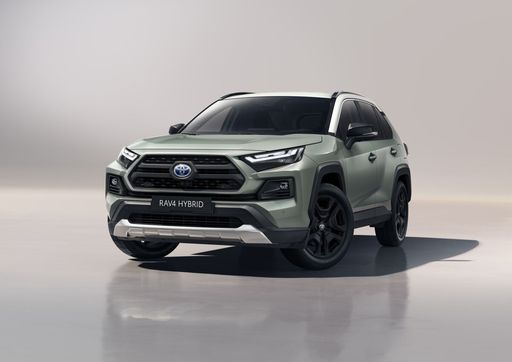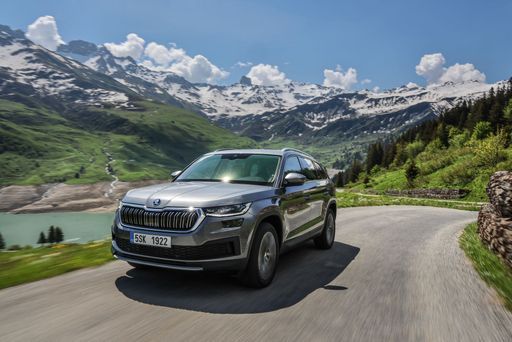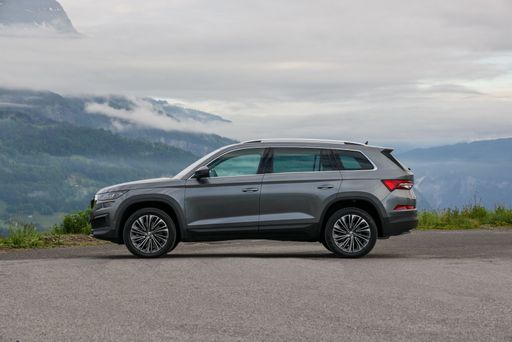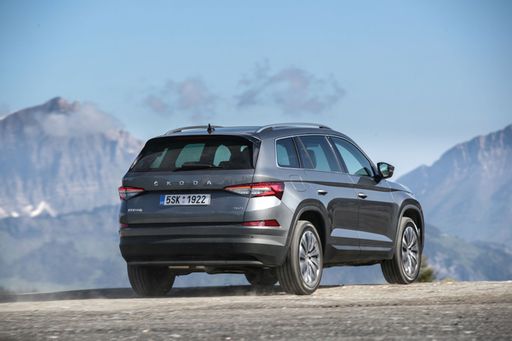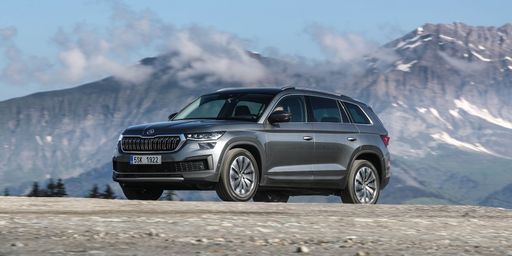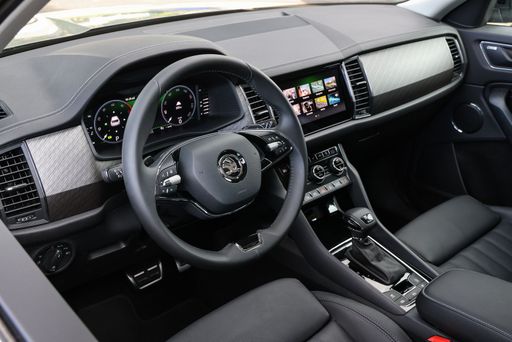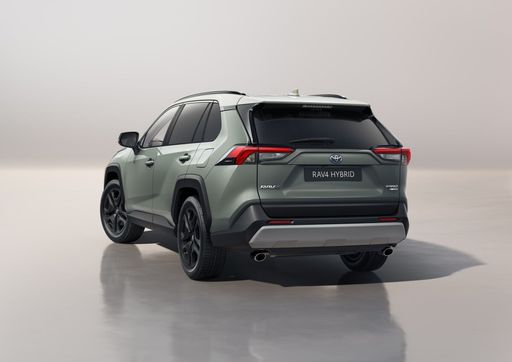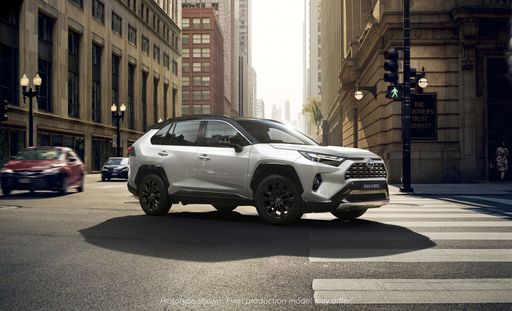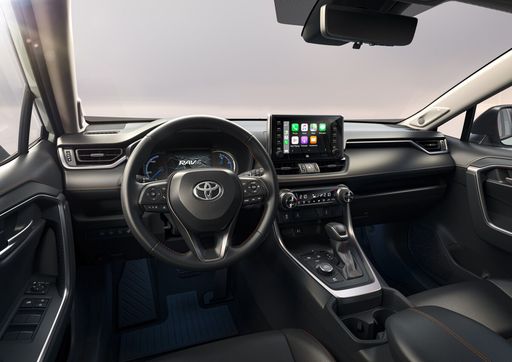Street Presence and First Glance
The Skoda Kodiaq greets you with measured confidence, more of a quietly assured family SUV than a show pony, while the Toyota RAV4 prefers a bolder, almost adventure-ready stance that promises weekend escapes. Both designs have personality — one refined and elegant, the other chunky and characterful — so your choice will say as much about you as the badge does. Either way, they stand out in different ways in a crowded car park and both attract appreciative glances for opposite reasons.

